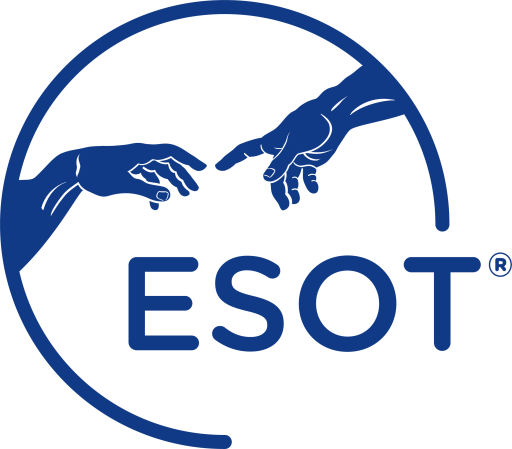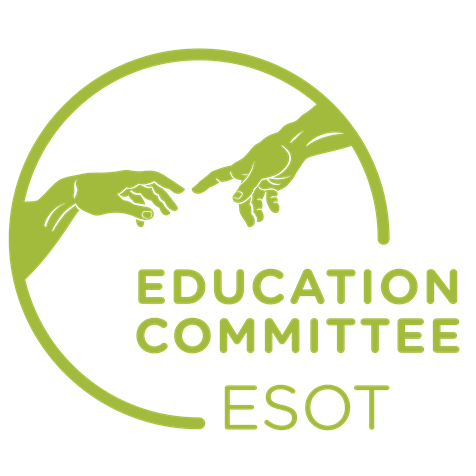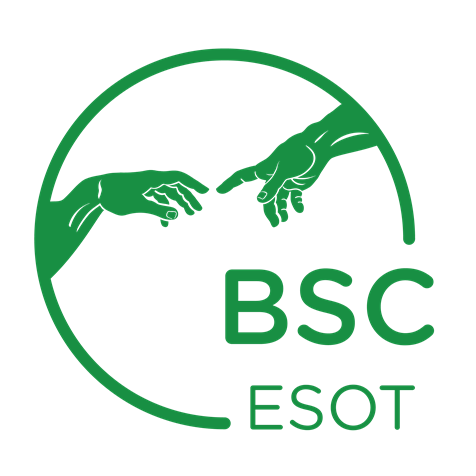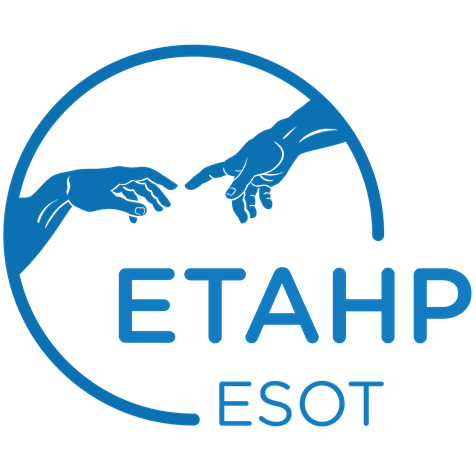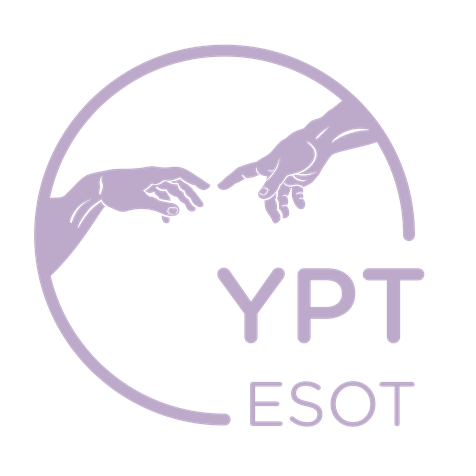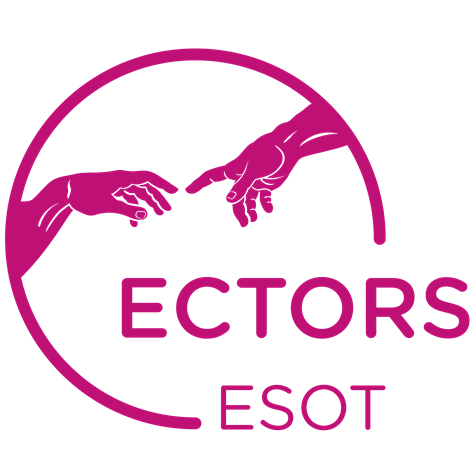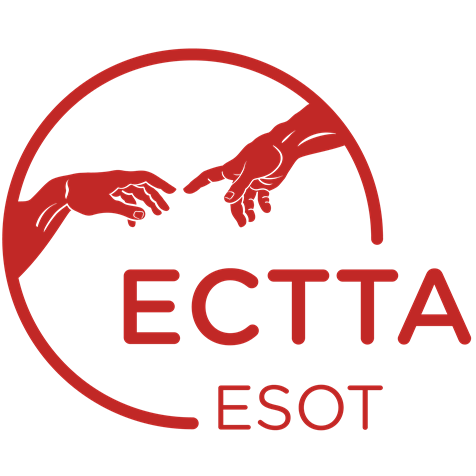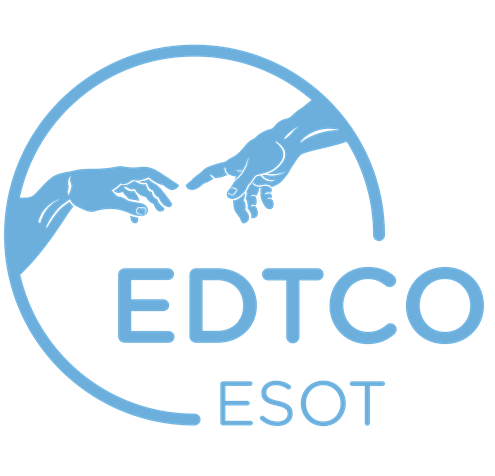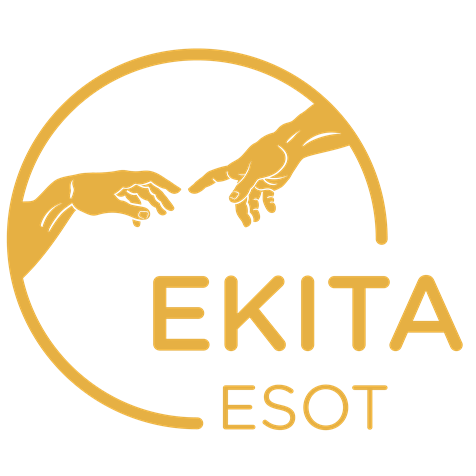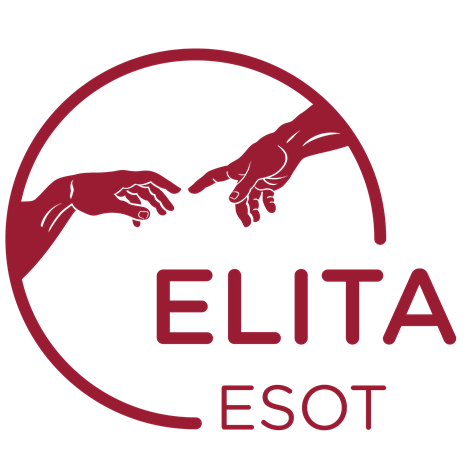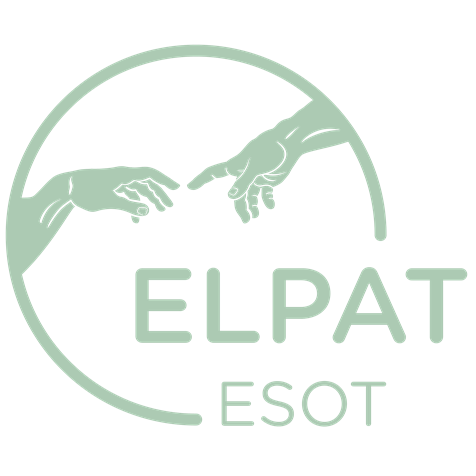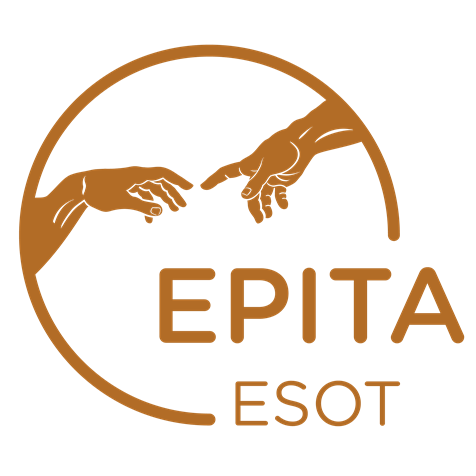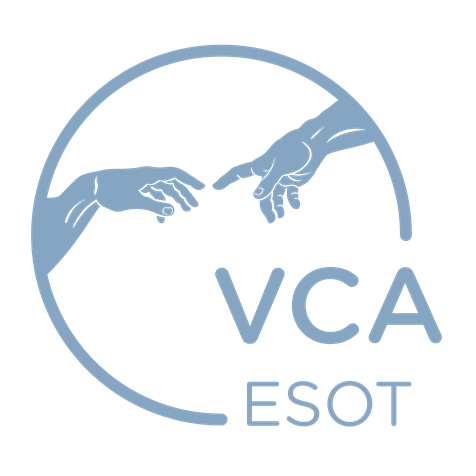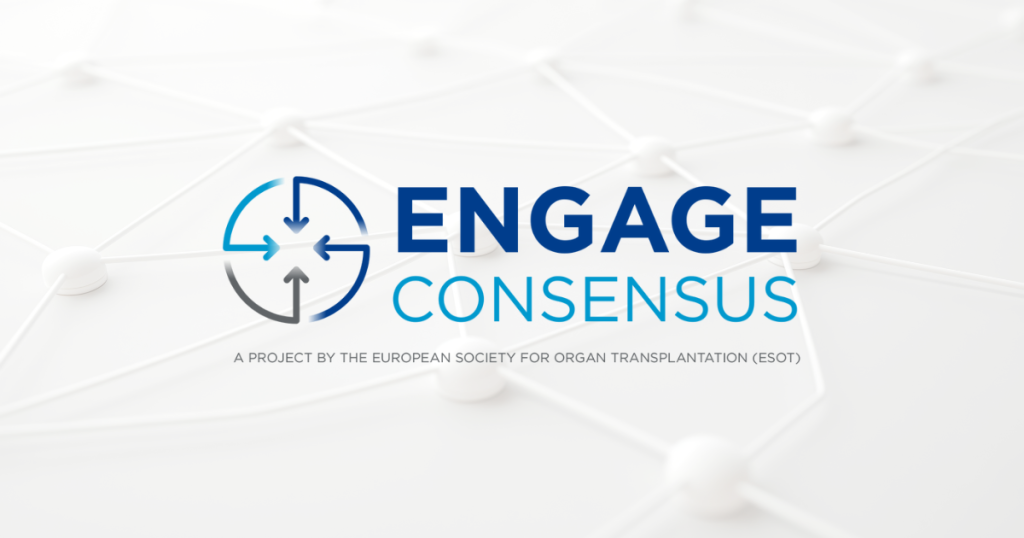The presence of anti-human leukocyte antigen (anti-HLA) antibodies defines transplant candidates as sensitised, a condition that affects access to transplantation, increasing waiting times and mortality rates. Following transplantation, sensitised patients have higher risk of antibody-mediated rejection (AMR) and graft failure when their anti-HLA antibodies are specific to the donor (DSA). Not all DSAs are equally harmful: their impact on graft survival varies widely. In addition, the absence of detectable DSA at the time of transplant does not exclude the presence of preformed cellular humoral memory against the graft, putting patients at risk of rejection despite being “DSA-negative”.
Tailored desensitisation before transplantation helps enhance access to available organs. Post-transplant immunomodulation lowers the risk of AMR and graft loss. Yet, the lack of solid evidence leads to many sensitised patients remaining dependent on dialysis, underscoring the urgent need for consensus-driven guidance for optimal management.
In 2021, the ESOT initiative ENGAGE introduced a five-category humoral risk stratification to evaluate the risk of AMR and graft loss, marking a crucial first step toward personalized interventions and deciphering the complex landscape of humoral alloimmune memory.
Building on this foundation, ENGAGE II developed a series of recommendations for desensitisation and immunomodulation strategies aligned with the five suggested immunological risk categories, providing guidance for personalised patient management.
At the ENGAGE II International Workshop (Barcelona, November 2024), 60 professionals from 21 European countries discussed cases of patients requiring kidney transplantation across various hospitals, based on the recommendations developed for each risk category. The workshop explored critical topics, including desensitisation strategies, the significance of day-zero DSA, the role of cellular memory, AMR pathophysiology, and current treatment options, while also charting the future direction of the ENGAGE initiative.
Now, ENGAGE III is ready to take the next leap forward, focusing on post-transplant management of AMR. This new initiative seeks to acquire evidence supporting consensus on the standardisation of AMR treatment strategies.
The ENGAGE initiative is a critical step toward personalised, evidence-based care for sensitised transplant recipients, facilitating collaborative research and standardisation.
